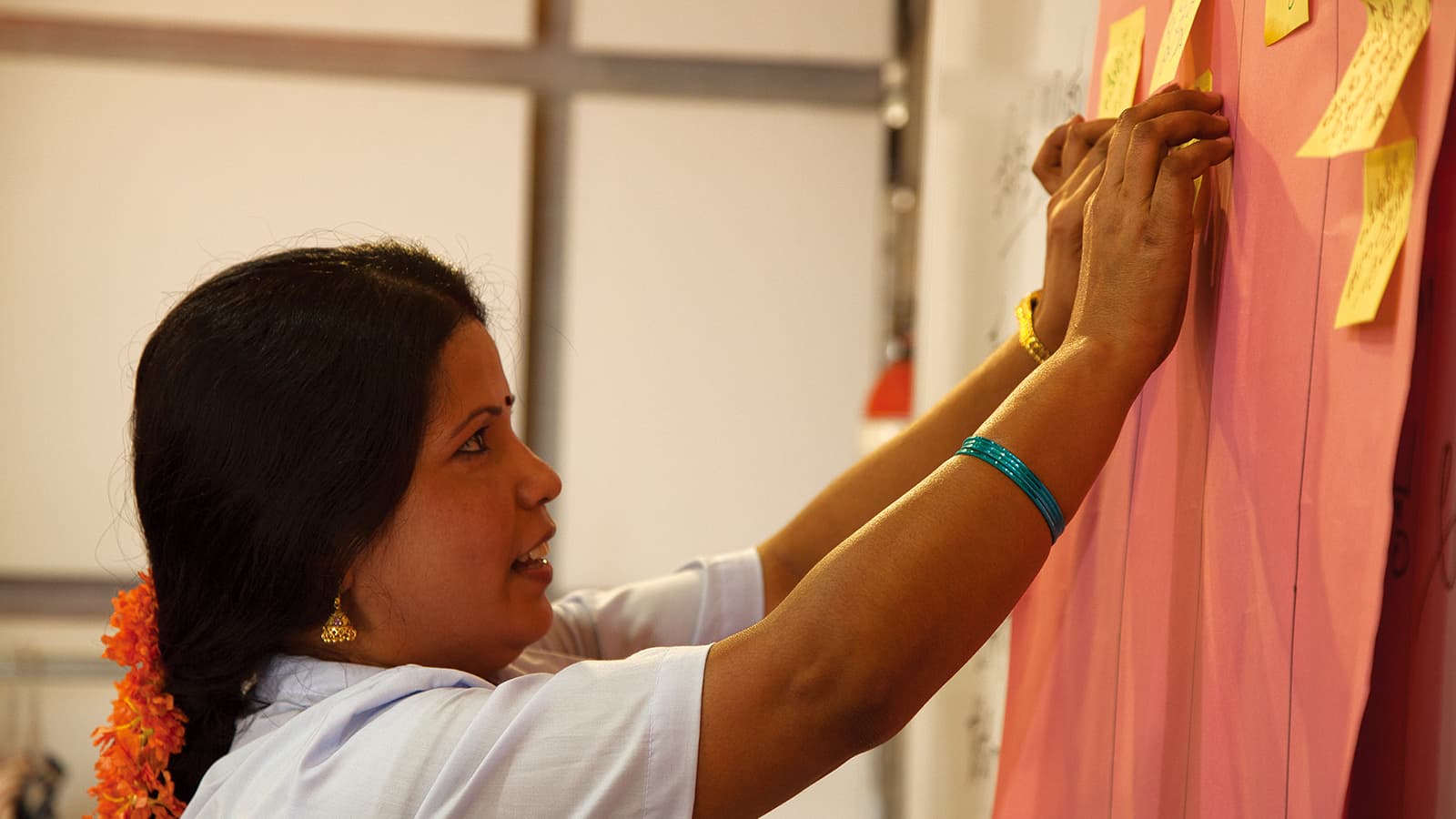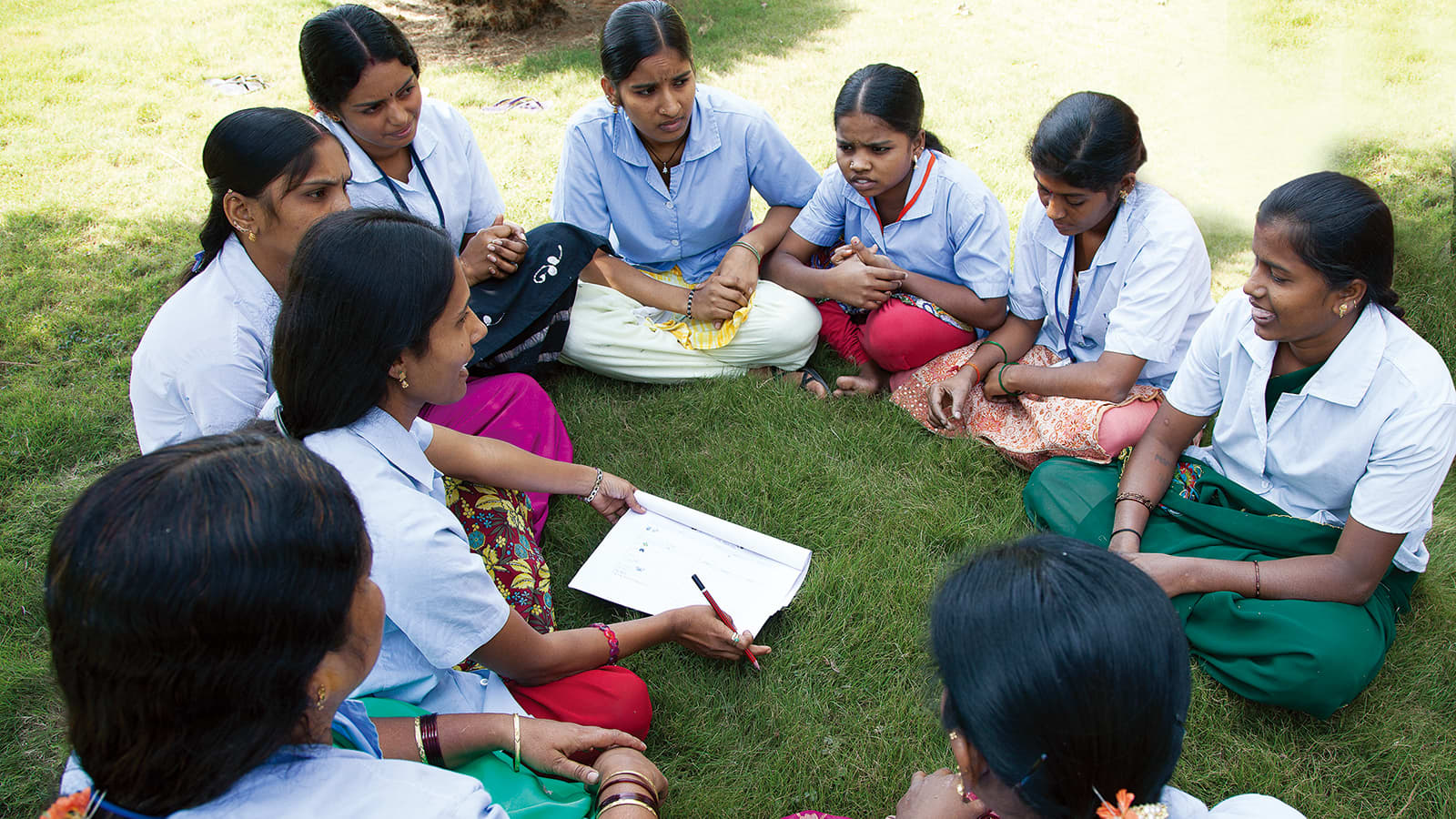Empowering Women-led Workforces | Takeda Stories

An empowered women-led workforce and the healthcare access they need
A growing (and empowering) industry
Financial inclusion and access to healthcare are some of the most critical issues facing the world today. Both of these are evident in the Ready-Made Garment (RMG) industry in Bangladesh – the country’s single biggest contributor to its GDP.
This industry has been economically empowering for many women by providing stable employment, some measure of social security and social acceptability.
A struggling infrastructure
While this industry is a fast-growing one – the infrastructure to support it isn’t. The factory fires in Gazipur in October and November 2013, as well as the collapse of Rana Plaza in April 2013 (which resulted in the death of 1,100 people), are globally known tragedies.
While the women who work in the RMG industry may be more empowered than other women, they are also struggling: 87 percent suffer from ailments and diseases, including malnutrition and anemia, poor hygiene, inadequate pre-and post-natal care, and exposure to other infections and illness.
Occupational health and safety (OHS) standards are not well protected or managed. Bangladeshi law stipulates that RMG factories must have an on-site clinic with one or more full-time nurses. But these clinics don’t grow when the factory’s staff grows, and many of them are under-used and under-managed – which means the women who are enabling the rapid growth of the country’s GDP do not have the healthcare services they need.

Empowering women: HERproject
Assessing and improving factory clinics: The HERhealth and Takeda partnership
When Takeda learned about HERhealth, a program under HERproject, it inspired us to think about the need for a better health system in RMG factories; here, a partnership was born.
14 countries
45+ partnerships with international companies
310,000 women empowered
300 factories and farms
We partnered with HERhealth to perform assessments of 15 factory clinics in Bangladesh in 2015, with the potential of scaling it up to other sites. What we find from these assessments will then be translated into factory upgrade plans, and these clinics will improve to be able to better serve the women who work there. These clinic upgrades are expected to help improve access to healthcare services and products for at least 30,000 workers. The empowerment of women to achieve financial inclusion is important; providing access to the healthcare they need is just as critical. It’s a great example of the important work the HERproject and other organizations do around the world, every day.
Share this story
